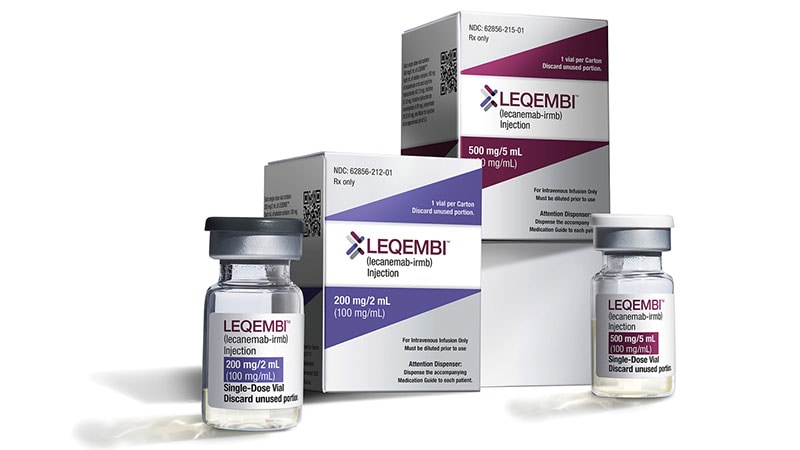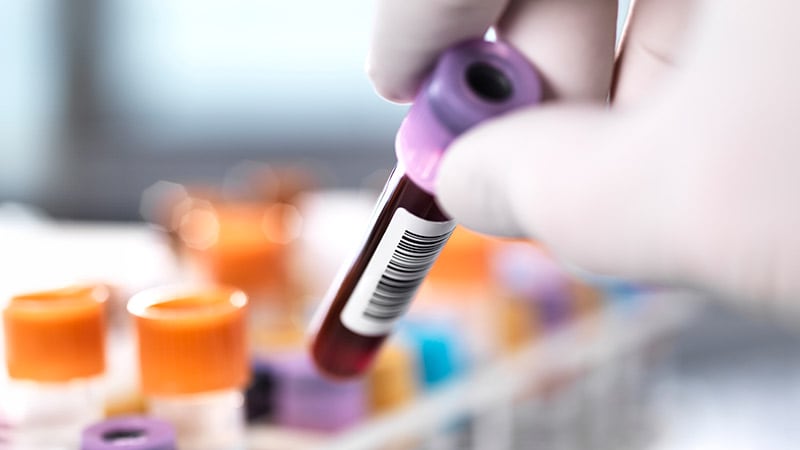Overall, cancer mortality in the United States has declined over the past few decades. But there are some exceptions.
Deaths from endometrial cancer, for instance, have increased over the past 20 years, prompting efforts to improve diagnosis and treatment, especially in early stages of the disease.
However, recent evidence suggests that some patients with early-stage endometrial cancer may receive suboptimal care when treatment decisions are based on traditional clinicopathologic features alone and do not consider important molecular features.
International guidelines, updated in 2021, recommend that adjuvant radiotherapy treatment decisions should incorporate molecular classifications to better identify patients who can benefit.
A recent analysis supports this recommendation. The study found, for instance, that molecular classifications helped identify patients who would benefit from adjuvant radiotherapy but did not receive it based on an evaluation of traditional clinicopathologic features.
"Without refined genomic guidance, molecularly aggressive disease can be underrecognized," study investigators Otilia Ciobanu, MD, and colleagues wrote. Broadening access to molecular classification "may alleviate outcome disparities for populations that are susceptible to more-concerning disease."
What Are the Key Changes to the Guidelines?
The latest guidelines were updated to incorporate molecular classifications as part of a push for more personalized management of patients with endometrial cancer.
Based on findings from the PORTEC-1 and PORTEC-2 trials, the updated guidelines recommend:
- Patients with DNA polymerase-epsilon–mutated tumors, indicating a more favorable prognosis, should not receive adjuvant radiotherapy.
- Patients with no specific molecular profile, which indicates an intermediate prognosis, should receive vaginal brachytherapy alone.
- And patients with p53-abnormal tumors — a surrogate for TP53-mutated tumors, which indicates an unfavorable prognosis — should receive pelvic external bean radiotherapy.
How Often Does Undertreatment or Overtreatment Occur?
The current analysis included 153 women diagnosed with non-mismatch repair deficiency stage I endometrioid endometrial cancer and compared their documented adjuvant radiotherapy regimens to radiotherapy strategies informed by molecular classification.
The women had undergone surgical resection and submitted tumor specimens to the Cancer Genome Atlas, but the radiotherapy management decisions occurred before the introduction of molecular classification.
Overall, when considering molecular classification, the researchers concluded that 96 patients (63%) would be considered undertreated, and 16 (10%) would be considered overtreated. Undertreatment occurred most often in patients with stage IA and low-grade disease, while overtreatment occurred more frequently in patients with high-grade disease.
More specifically, patients with no specific molecular profile who received no adjuvant radiotherapy were considered undertreated (72%, or 70 of 97 patients). Patients with p53-abnormal endometrial cancer who did not receive pelvic external beam radiotherapy were also considered undertreated (90%, or 26 of 29 patients).
As for overtreatment, patients with a DNA polymerase-epsilon–mutated tumor who received any adjuvant radiotherapy were considered overtreated (37%, or 10 of 27 patients), and patients with no specific molecular profile who received pelvic external beam radiotherapy were considered overtreated (6%, or six of 97 patients).
Using molecular classification also revealed that Black patients were more likely to have aggressive disease. The authors found, for instance, that p53-abnormal endometrial cancer was more common among Black patients (22%) than among White (9%) or Asian (0%) patients. However, among the 25 Black patients in the study, 72% (18 of 25) were considered undertreated.
What Are the Takeaways For Practice?
This recent analysis suggests that broadening access to molecular classification "may alleviate outcome disparities for populations that are susceptible to more-concerning disease," the authors concluded.
"Without refined genomic guidance, molecularly aggressive disease can be underrecognized," the researchers explained.
The current study was supported by the American Society of Clinical Oncology Virtual Mentoring Program and the Nell W. & William S. Elkin Fellowship. Ciobanu reported having no other disclosures.
Sharon Worcester, MA, is an award-winning medical journalist based in Birmingham, Alabama, writing for Medscape Medical News, MDedge, and other affiliate sites. She currently covers oncology, but she has also written on a variety of other medical specialties and healthcare topics. She can be reached at sworcester@mdedge.com or on X: @SW_MedReporter.

.webp) 2 weeks ago
11
2 weeks ago
11



























 English (US)
English (US)